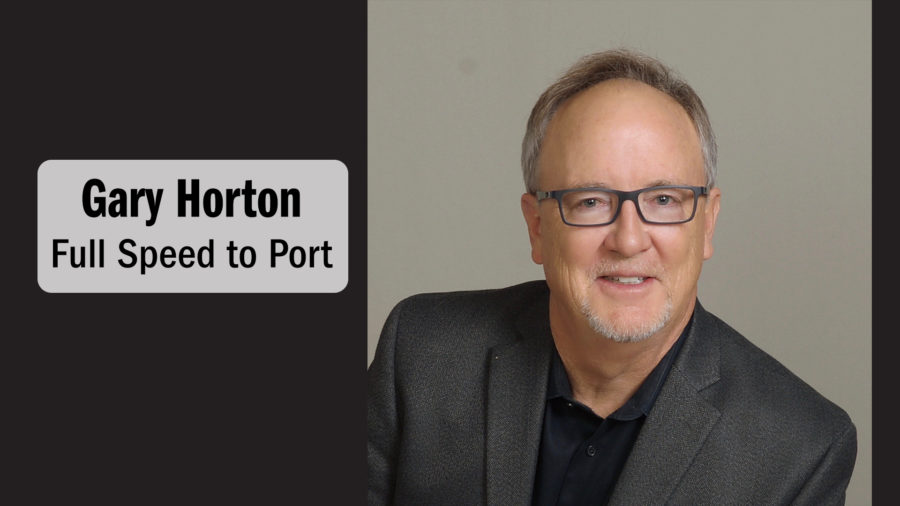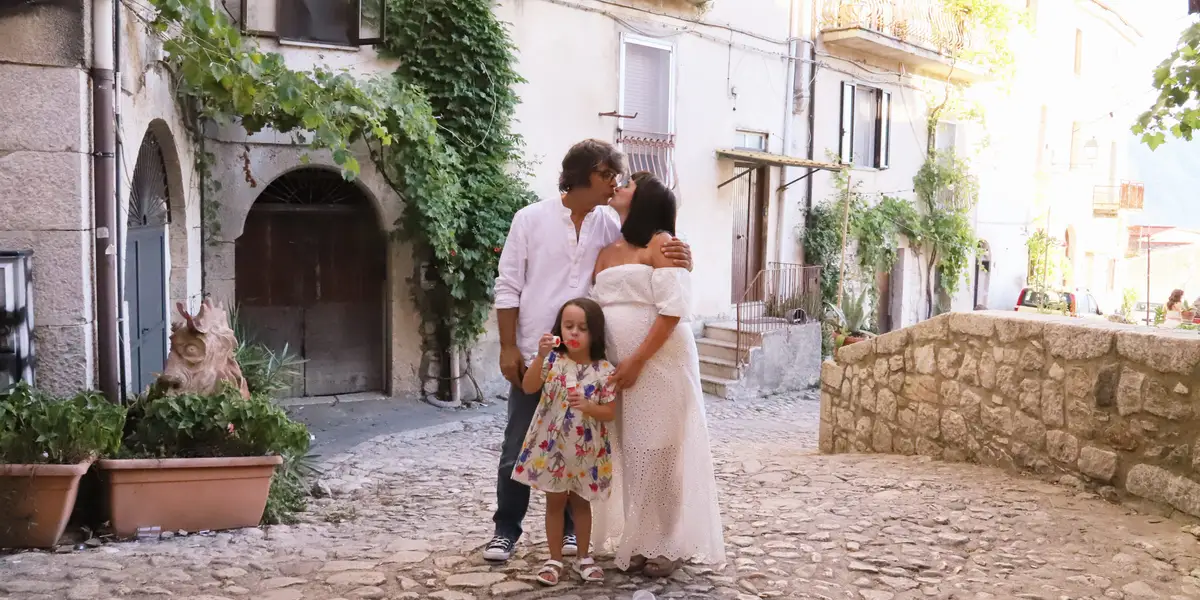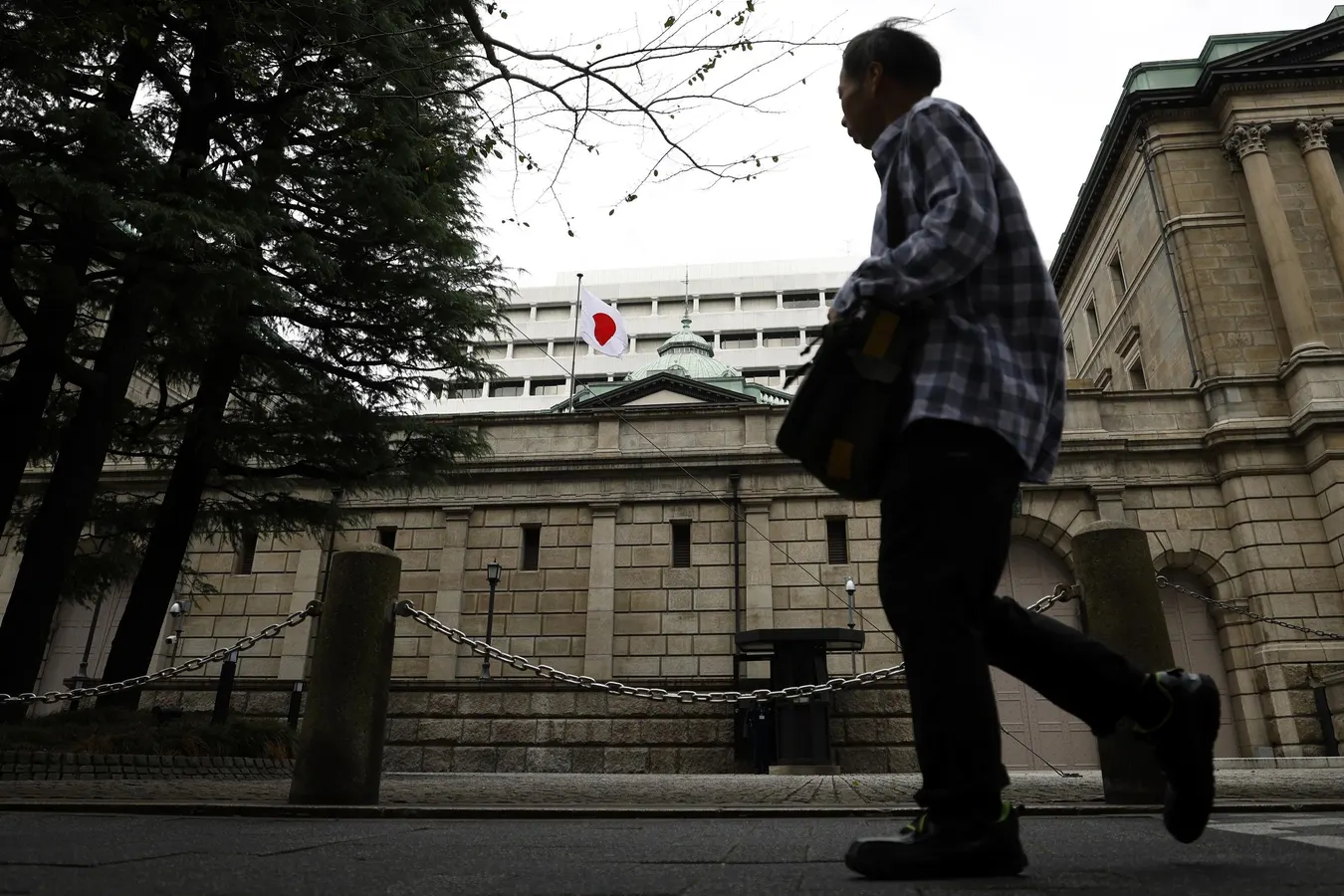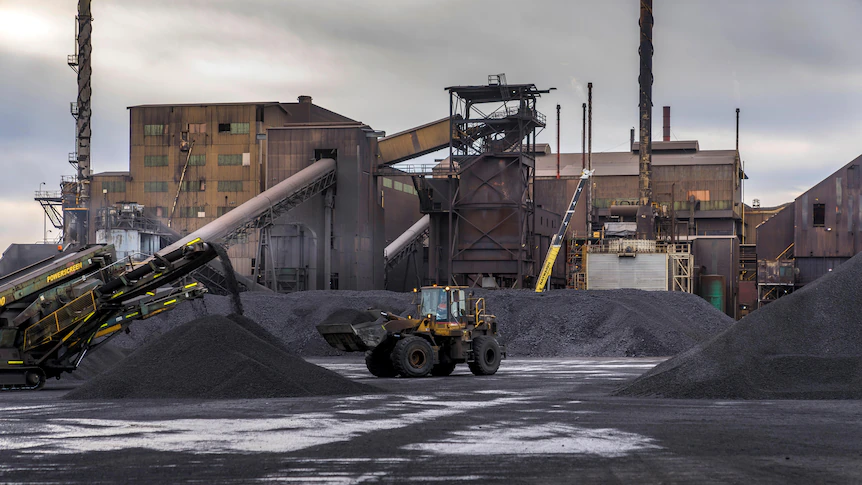Copyright Santa Clarita Valley Signal

Carrie and I walk a lot. Most evenings you’ll find us circling our neighborhood or winding through Summit Park. Sometimes it feels like we’ve worn our own paths into the concrete. Last Sunday, just after the Dodgers’ big triumph, we were out again on our usual loop when I noticed an older pickup parked in front of a friend’s house, its trailer filled with landscape debris. After 45 years in the landscape business, I’ve met more than a few workers and had a hunch I might know these guys. Two men emerged from the backyard, and one called out, “Gary — Mr. Gary!” We crossed the street. Hands were shaken, smiles shared. The man said he’d worked for our company until a decade ago. His friend nodded — he too had once been part of our crew. We caught up on old times. “How’s business these days?” I asked. He sighed. “Slowing down. Fewer jobs during the week, and people are cutting back on weekend work.” “Yeah,” I said, “money’s tighter for everyone.” Still, his family was doing fine. His kids had gone to college; everyone was healthy and working hard. Then our conversation turned serious. “How’s it going with ICE?” I asked quietly. “Do you know anyone who’s been taken away?” He nodded. “Yes. A couple of guys I’ve known my whole life. It’s terrible.” He explained that many workers here come from the same small region of Mexico — ranch hands, farmworkers, construction workers. People who love working outdoors and take pride in it. Many who know each other. Now, when Immigration and Customs Enforcement comes, fear ripples through their entire communities. I asked if he’d ever pursued citizenship. He looked down. “No, I regret that I didn’t. I had the chance years ago but let it slip.” He did have a valid work permit, as did his friend, both now with a union company. But he still lives with quiet fear — because many of his friends don’t have the same paperwork. And the rules, he said, feel different this year. “Sometimes, like no rules.” “They were supposed to go after criminals,” he said. “But now they take anyone. People who just want to work. People who’ve been here most of their lives and are raising families.” Then he said something that stuck with me: “Most people don’t talk to people like us. That’s what we liked about working at your company — everyone was respectful.” I waved him off. “People like you? Come on.” But I understood what he meant. There’s a quiet divide in this country between those who do the hardest physical work and those who benefit from it. He feels that divide every day — and sometimes, he feels like one of the “untouchables.” And now, even “hunted.” His words, “people like us,” were haunting in reference to America’s de-facto caste system. In my 45 years in landscaping, I’ve known thousands of Hispanic workers. Nearly to a person, they’ve been sincere, hardworking, honest and trustworthy. They share the same hopes and humor as any of us — often with an even deeper humility. America’s prosperity was built on their labor. Yet somehow, we’ve turned some of the best people among us into targets of suspicion. Let’s be clear: America must protect its borders and enforce its immigration laws. No society can function without rules, and our laws deserve respect. A person here illegally is, by definition, here illegally. That’s not the debate. The issue is how we treat people — how we enforce our laws and how we view those who’ve quietly built lives in our neighborhoods for decades. Enforcement, like landscaping, is about balance. Too much force and you tear out what’s healthy along with the weeds. Too little, and chaos creeps in. The craft — and the decency — is in knowing the difference. Most immigration agents, I suspect, didn’t sign up to terrify families; they signed up to uphold the law. But somewhere, in the layers of bureaucracy and pressure, the mission’s heart got lost. Too often, enforcement now looks like theater — armored units, masks, pre-dawn raids. Families broken apart without warning or recourse. People held in crowded detention centers with minimal access to legal help. That’s not law and order. That’s institutionalized intimidation — and it breeds fear, not respect. We can do better. We can enforce immigration laws without humiliating people or destroying families. We can hold our borders secure and hold onto our humanity at the same time. These are not conflicting goals. The men and women I’ve known in this trade are not violent offenders. They’re loyal, family-centered, rational people. Use the hard edge of enforcement for the true criminals. There’s work enough to weed them out. But when we employ military-style tactics to round up people whose “crime” is coming here and working hard to build better lives, we’ve lost the moral thread that holds this country together. Think for a moment about the chain of hands behind your daily life — the gardener, the pool technician, the field worker who picked your strawberries, the clerk who stocked the produce aisle. These people deserve dignity. They bless our lives every day with their labor, reliability and quiet pride. If we can’t see the dignity in that, we’re missing something vital about who we say we are. There are many ways to fix immigration policy in America. But whatever path we take should start with respect — for the rule of law, yes, but also for the human beings who make this nation work, often unseen and uncelebrated. Because in the end, the question isn’t just who belongs here — the question is what kind of people you and I want to be. Gary Horton is chairman of the College of the Canyons Foundation board. His “Full Speed to Port!” has appeared in The Signal since 2006. The opinions expressed in his column do not necessarily reflect the opinions of The Signal or its editorial board.



